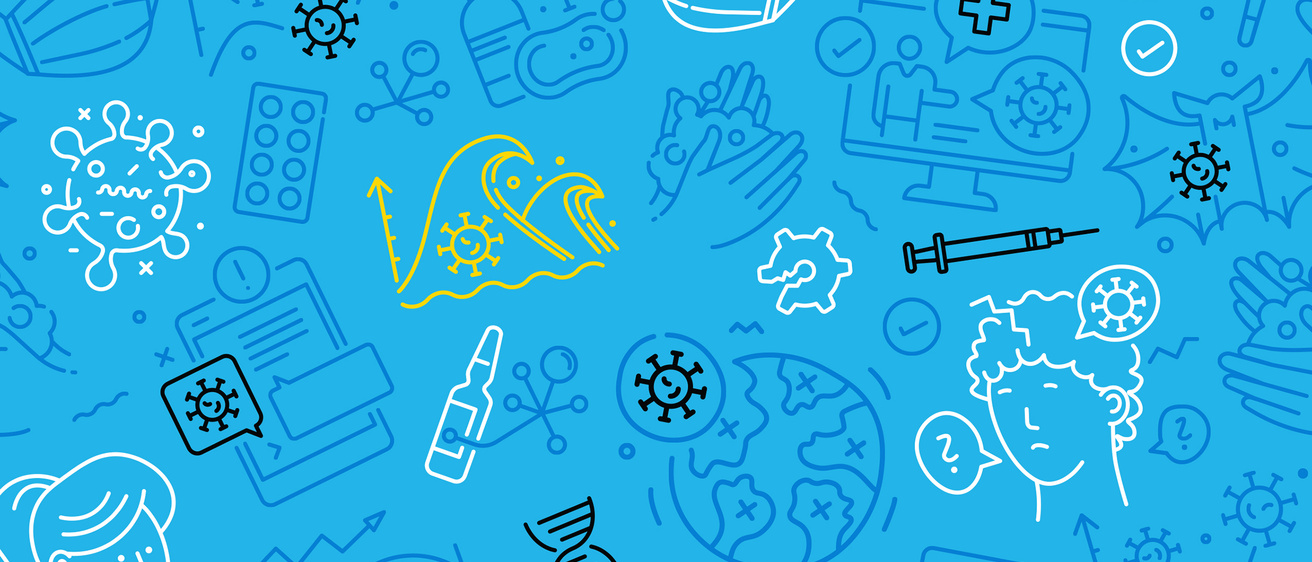
When he was a middle schooler, Cory Mead (BBA11/ MHA13) got a staph infection that was so bad that it required multiple surgeries and a PICC line, measures that effectively saved his life.
This early exposure to the medical profession stuck with him, even through business school. After Mead graduated from the Tippie College of Business with a bachelor’s degree in finance, he headed straight into his Master of Health Administration (MHA) at the University of Iowa.
He wanted to help people and had done his research. Starting his sophomore year, he worked part-time at the University of Iowa Hospitals and Clinics in the Clinical Applications Department, just one floor below the MHA program office, which gave him the chance to talk to students, administrators, and faculty before he applied.
“I realized that my skill set of business acumen and finance, paired with my desire to be part of something bigger and help others, made the business/ administrative side of a hospital a perfect fit for me,” he said.
Today Mead is chief operating officer for Overland Park Regional Medical Center outside of Kansas City, and a great example of the diverse careers that await finance graduates.
“Having a finance degree helped me a lot in grad school and then laid the foundation for what I do on a daily basis,” Mead said. “Whether its business cases, analyzing productivity, or looking at real estate contracts, in my role you have to be familiar with numbers. There are people who work in operations that don’t have a business background or training, but it has definitely helped me.”
Part of his job description as COO is to ensure the safety of all patients—as well as the physicians, nurses, and employees—at the 351-bed acute-care hospital. No easy feat during a global pandemic.
“Everybody has said that from an operations perspective, you think you’re dipping your toe in the water, then your whole leg is in the water, and then you’re hit by a tidal wave.”
When COVID-19 began, Mead was COO at TriStar Southern Hills Medical Center in Nashville (he transitioned to Overland Park in May 2020). He says the full realization that we were in a pandemic came when a patient walked into the hospital for an outpatient imaging appointment in early February.
“They came in and said, ‘My primary care physician sent me here because I may have been exposed to the virus,’” he said.
The patient had just traveled abroad to see family in the Zhengzhou province of China (about five hours north of Wuhan).
“I immediately got a phone call, our quality department got a call, and we got on the phone with the Tennessee Department of Health,” Mead said.
Luckily, the patient was wearing a mask and the hospital was already in preparation mode. She was seen in a negative air pressure room in the emergency department, where the staff had already started taking proper precautions for patients who may have been exposed.
“The hospital was starting to prepare, but there wasn’t enough infrastructure in place at that point in time for contact tracing or to monitor the patient at home. Everyone was still trying to install processes and protocols. It was the first time we fully realized that it was going to reach us,” he said.
At the same time, HCA Healthcare, along with many care providers, sent teams of nurses and doctors to surging areas.
“Heroism is probably not even a big enough word for what they did and what they were willing to risk,” Mead said.
According to Mead, the most eye-opening thing his staff reported from places like New York was that it was a quick system overwhelm—a nightmare for any COO.
“Everybody has said that from an operations perspective, you think you’re dipping your toe in the water, then your whole leg is in the water, and then you’re hit by a tidal wave,” he said.
“A bright spot in all of this has been seeing the hospitals that we sent doctors and nurses to (when they were hit hard) reciprocate during the late 2020 Midwest surge,” Mead said. “It’s uplifting to see it come full circle because ultimately, health care is about helping people when they need it.”
This story appeared in the 2021 issue of Exchange magazine.
